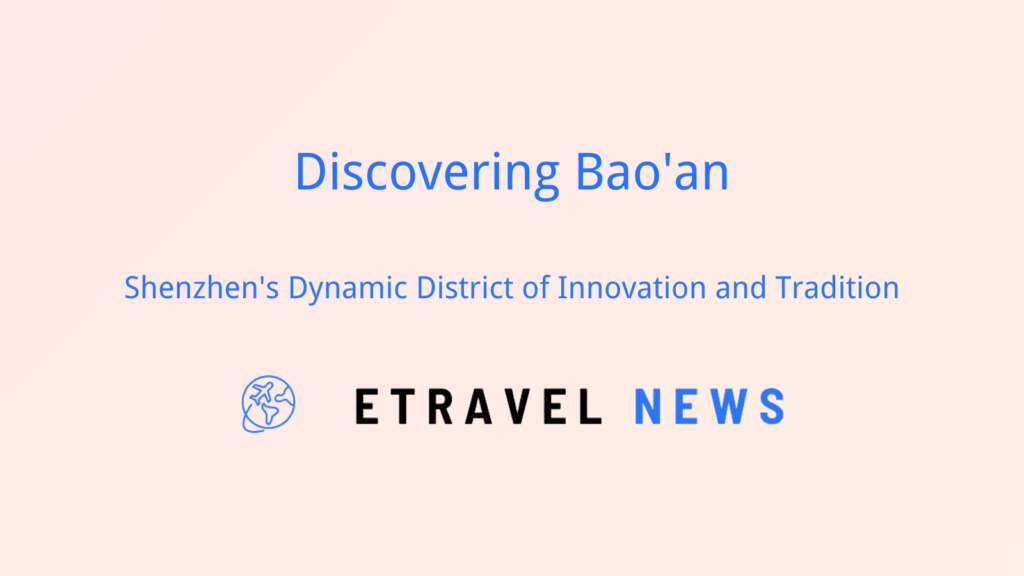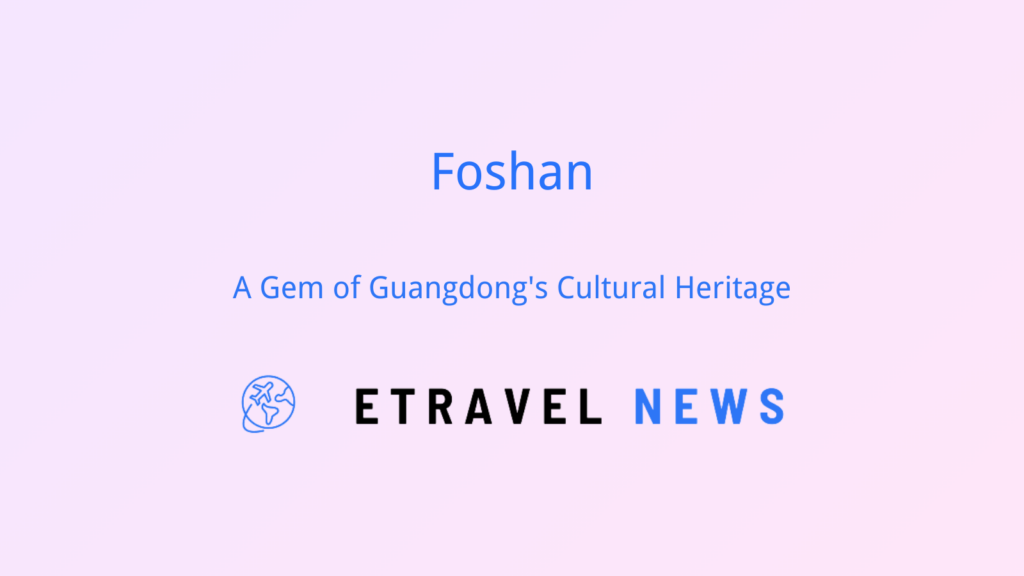Introduction: The Heart of Sichuan
Nestled in the fertile Sichuan Basin, Chengdu stands as a testament to China’s enduring spirit. As the capital of Sichuan province, this metropolis of over 20 million people seamlessly blends ancient traditions with cutting-edge innovation. From its laid-back teahouses to its bustling tech parks, Chengdu offers a unique glimpse into China’s past, present, and future. Home to spicy cuisine, adorable pandas, and a rich cultural tapestry, Chengdu beckons visitors to explore its many facets.
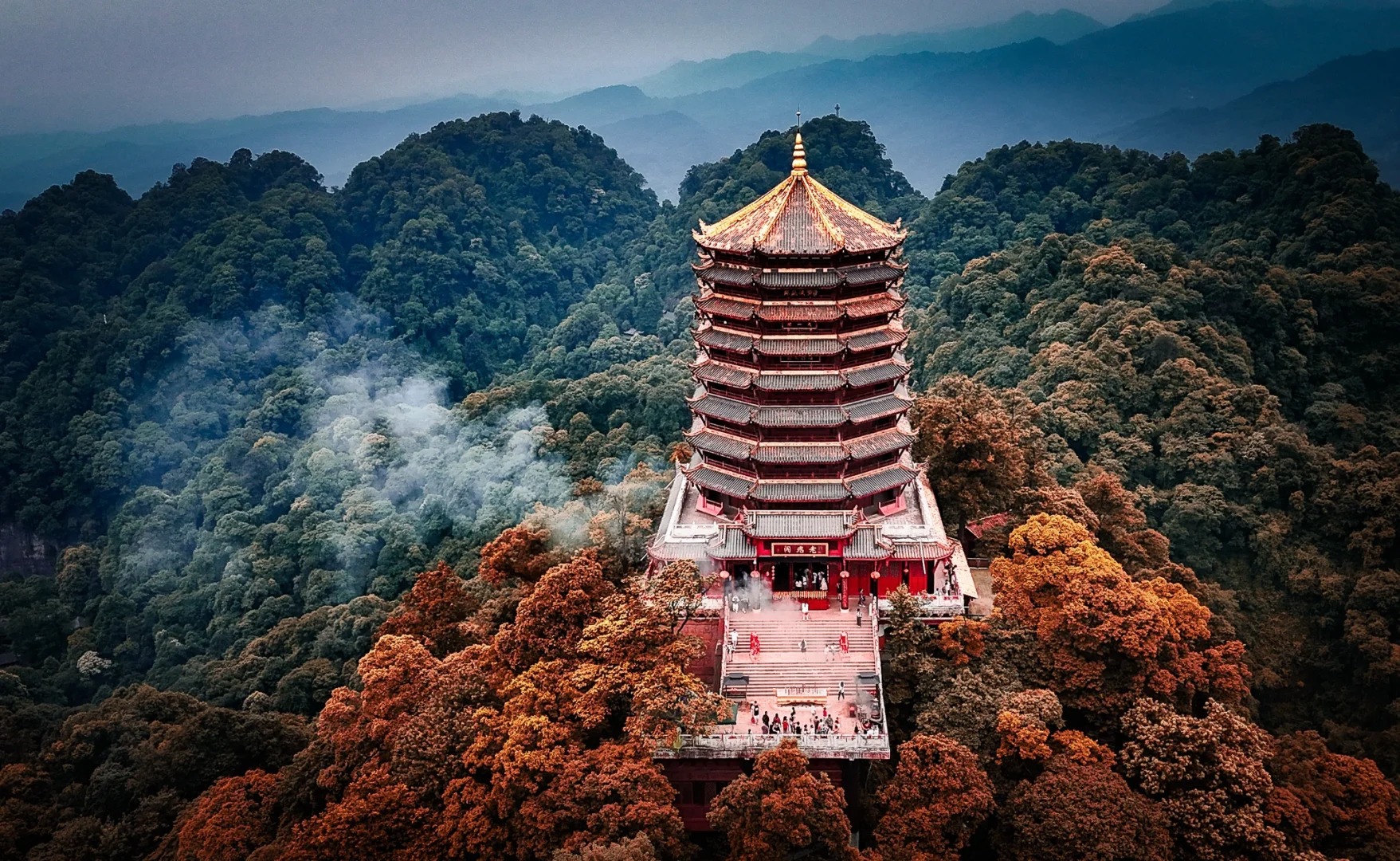
Historical Tapestry: A City of Eternal Spring
Ancient Roots
Chengdu’s history stretches back over 4,500 years, earning it the moniker “The City of Eternal Spring.” Archaeological evidence suggests that the area was inhabited as early as the Neolithic period.
Key historical milestones include:
- 311 BC: Founding of the Shu Kingdom
- 256 BC: Construction of the Dujiangyan irrigation system, still in use today
- 221 AD: Establishment as the capital of the Shu Han Kingdom during the Three Kingdoms period
Cultural Crucible
Throughout its history, Chengdu has been a center of innovation and culture:
- Birthplace of the Tang Dynasty poet Du Fu
- Home to the world’s first paper money during the Song Dynasty
- A key stop on the ancient Southern Silk Road
Chengdu’s strategic location in the Sichuan Basin has made it a vital economic and cultural hub for millennia, influencing the development of southwestern China and beyond.
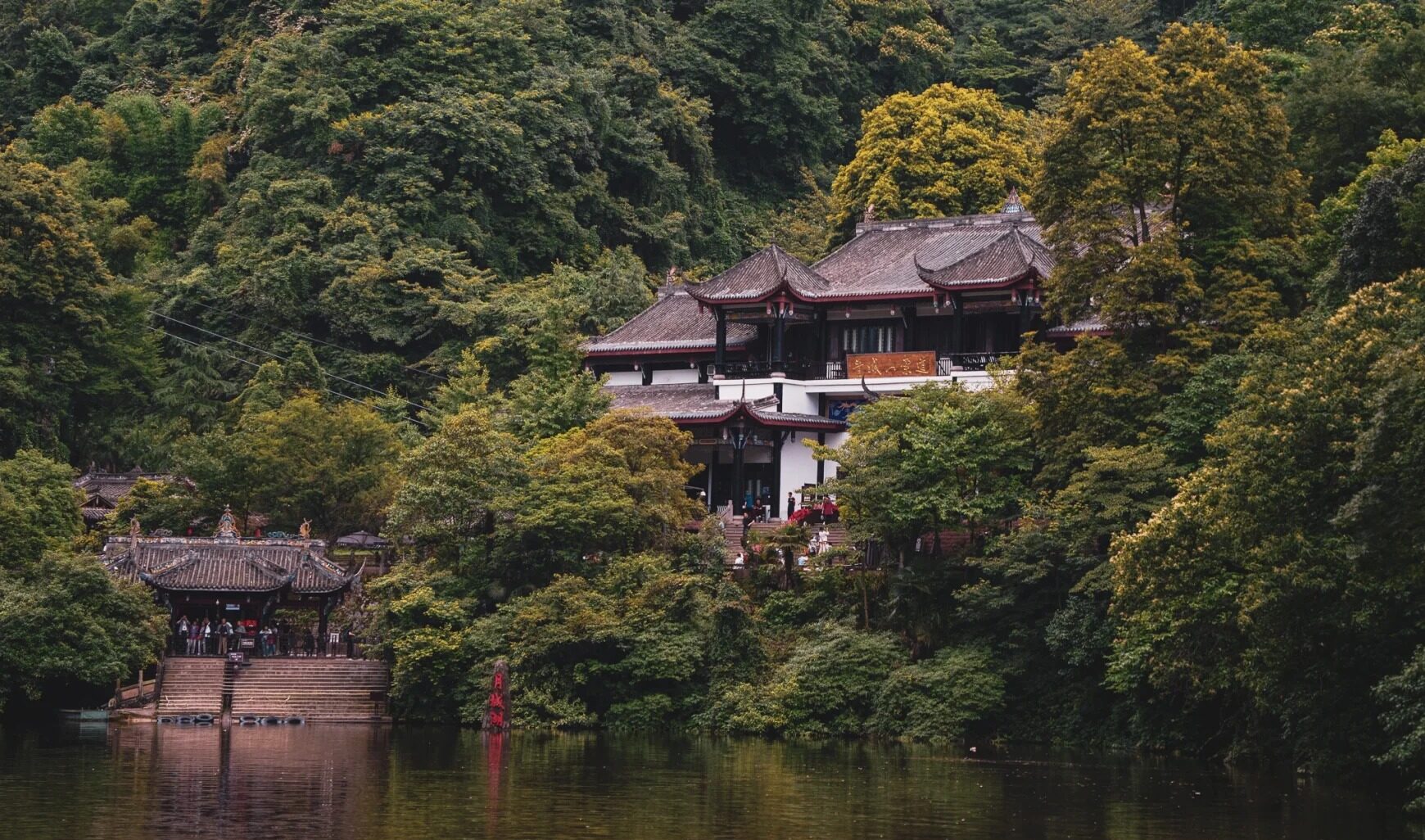
Nature’s Embrace: Geography and Climate
Chengdu sits on the western edge of the Sichuan Basin, surrounded by the Longmen Mountains to the northwest and the Qionglai Mountains to the west. This geographical embrace creates a unique microclimate:
- Mild, humid subtropical climate
- Four distinct seasons with long, warm summers and short, mild winters
- Annual average temperature of 16°C (61°F)
- Frequent cloud cover and light rain, earning it the nickname “Foggy City”
The surrounding landscape is lush and fertile, supporting agriculture and providing a haven for wildlife, including the region’s famous giant pandas.

Laid-back Lifestyle: Culture and Daily Life
The Art of Slow Living
Chengdu is renowned for its relaxed atmosphere, a stark contrast to the frenetic pace of other Chinese megacities. This laid-back ethos is epitomized by the local saying, “The sky is high, and the emperor is far away.”
Teahouse Culture
At the heart of Chengdu’s social life are its teahouses:
- Gathering spots for locals to chat, play mahjong, and watch Sichuan opera
- Some teahouses, like the Heming Teahouse in People’s Park, have operated for over a century
Arts and Entertainment
Chengdu boasts a vibrant cultural scene:
- Sichuan Opera performances, famous for face-changing acts
- Modern art galleries and museums
- A thriving music scene, from traditional to contemporary
Local customs blend ancient traditions with modern twists, creating a unique cultural landscape that continues to evolve while honoring its roots.

Panda Paradise: Conservation and Tourism
Chengdu Research Base of Giant Panda Breeding
Chengdu is synonymous with giant pandas, and the Chengdu Research Base of Giant Panda Breeding stands at the forefront of conservation efforts:
- Home to over 100 giant pandas
- Cutting-edge research facilities
- Educational programs for visitors
Conservation Impact
The center’s work has had a significant impact:
- Successful breeding programs increasing the panda population
- Reintroduction of pandas into the wild
- Raising global awareness about panda conservation
Tourism and Education
The panda base attracts millions of visitors annually, balancing tourism with education and conservation. It serves as a model for wildlife conservation efforts worldwide.
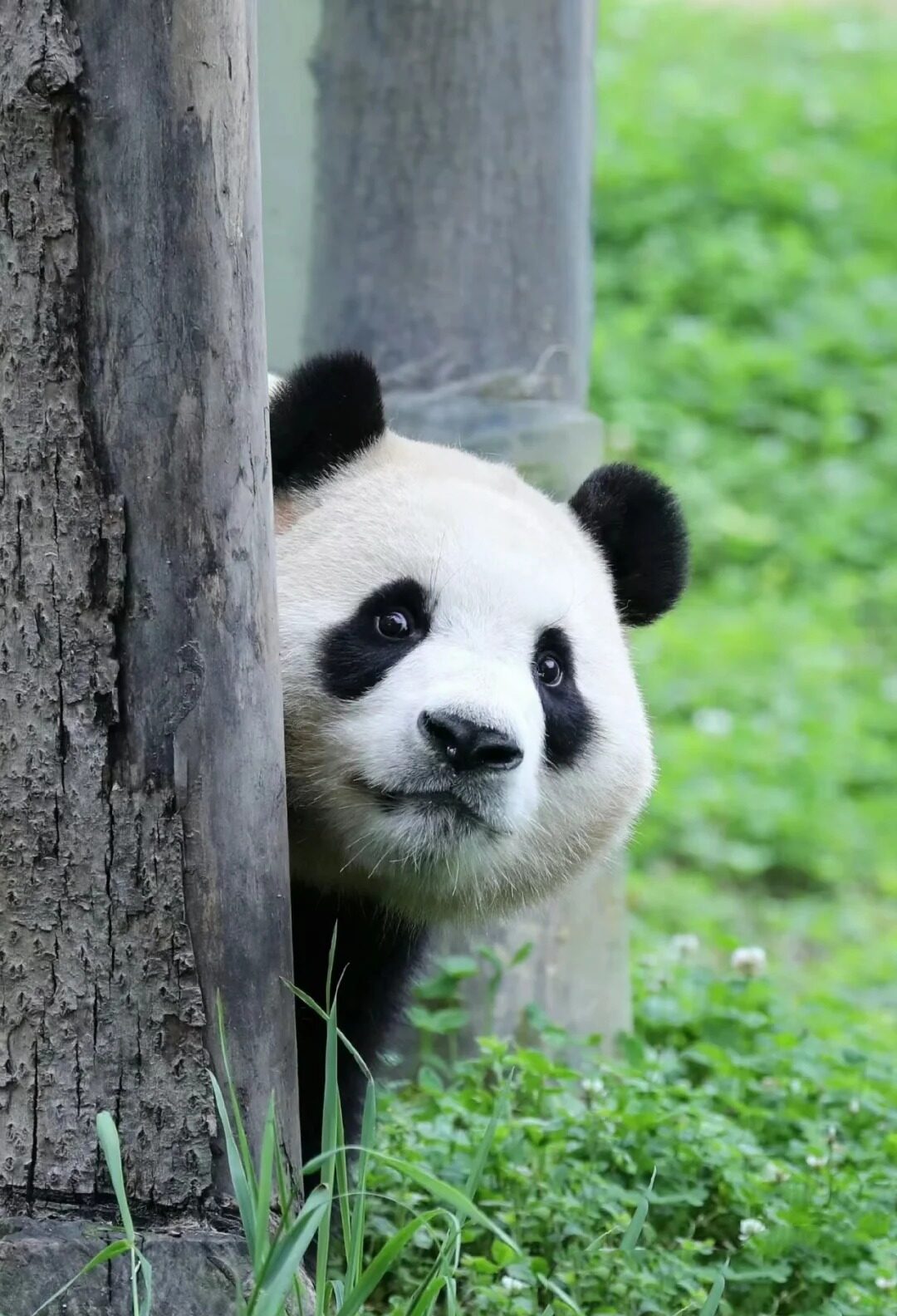
Culinary Capital: Sichuan Cuisine and Beyond
| Category | Description |
|---|---|
| Spice of Life |
|
| Signature Dishes | Local specialties include:
|
| Hotpot Culture | Chengdu is a hotpot haven:
|
| Street Food Paradise | The city’s streets come alive with food vendors offering local delicacies:
|
Attractions: Ancient Wonders and Modern Marvels
| Category | Attraction | Description |
|---|---|---|
| Historical Sites | Wuhou Temple | Dedicated to Zhuge Liang, a legendary military strategist |
| Jinli Street | Ancient commercial street with traditional architecture | |
| Du Fu Thatched Cottage | Former residence of the famous Tang Dynasty poet | |
| Modern Attractions | Tianfu Square | City center with a massive statue of Chairman Mao |
| New Century Global Center | World’s largest building by floor area, housing shopping malls, hotels, and an indoor beach | |
| Chengdu IFS | Skyscraper complex with a giant panda sculpture climbing its facade | |
| Natural Beauty | Mount Qingcheng | Taoist mountain retreat near the city |
| Dujiangyan Irrigation System | Ancient engineering marvel still in use today | |
| Sichuan Giant Panda Sanctuaries | UNESCO World Heritage Site protecting panda habitats |
Each attraction offers a unique glimpse into Chengdu’s rich history and vibrant present, from serene temples to bustling modern complexes.
Economic Powerhouse: Growth and Innovation
Chengdu has emerged as a key economic center in western China:
- Hub for electronics and IT industries
- Major automotive manufacturing center
- Growing financial services sector
Recent developments include:
- Chengdu Hi-Tech Industrial Development Zone
- Tianfu New Area, a planned city focusing on innovation and sustainability
The city’s strategic location on the Belt and Road Initiative route positions it for continued growth and international connections.
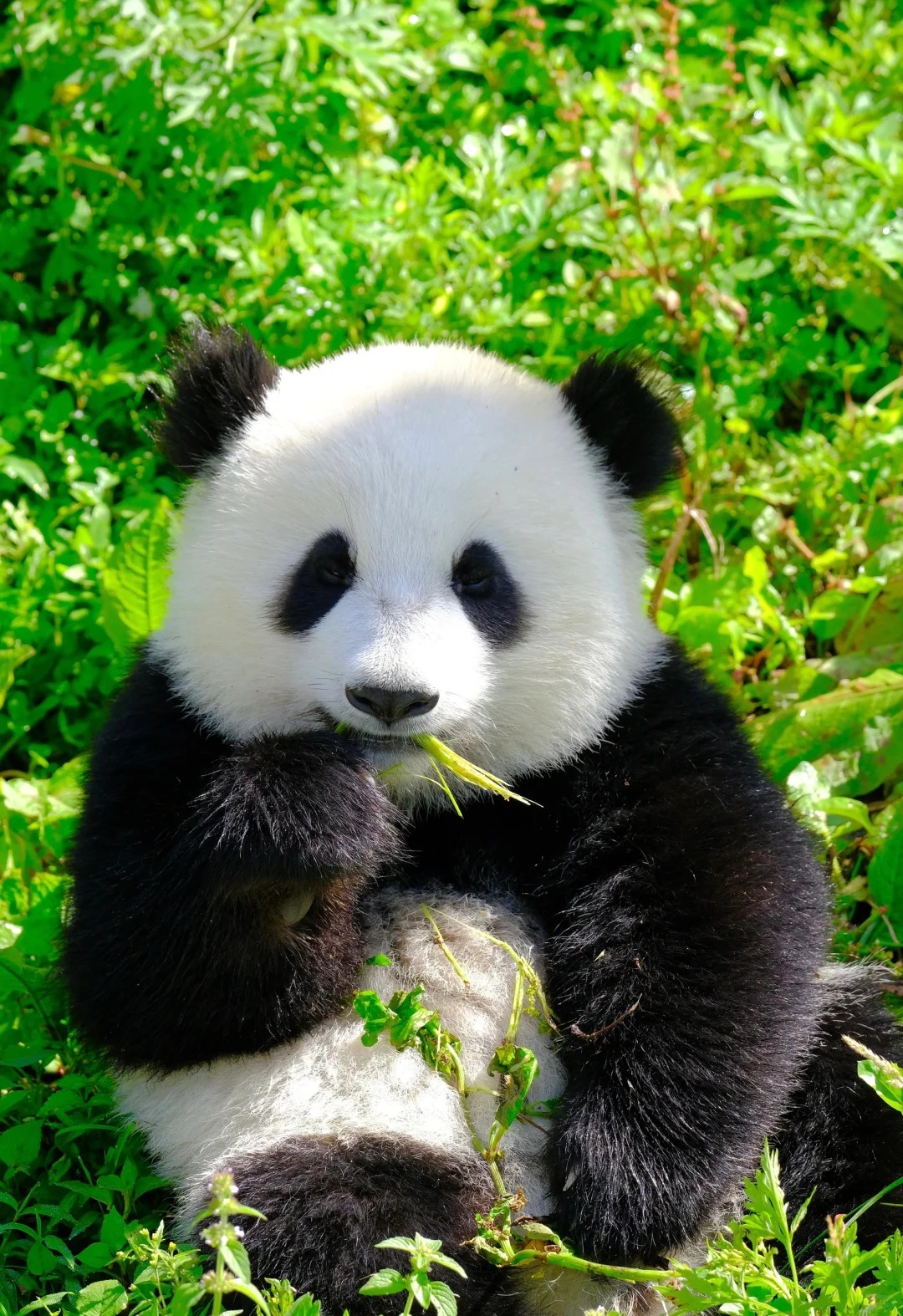
Knowledge Hub: Education and Technology
Chengdu is home to several prestigious universities:
- Sichuan University
- University of Electronic Science and Technology of China
The city’s tech scene is booming:
- Emerging startup ecosystem
- Presence of major tech companies like Intel and IBM
- Focus on artificial intelligence and big data research
Getting Around: Transportation and Infrastructure
Chengdu boasts modern transportation links:
- Chengdu Shuangliu International Airport: One of China’s busiest
- High-speed rail connections to major cities
- Extensive metro system with 12 lines and growing
Recent projects include:
- Chengdu Tianfu International Airport, opened in 2021
- Expansion of the metro network to cover suburban areas
Challenges and Future: Balancing Growth and Heritage
As Chengdu rapidly develops, it faces several challenges:
- Preserving historical areas amidst urban expansion
- Managing air quality and environmental concerns
- Maintaining its unique cultural identity in the face of modernization
Future plans focus on:
- Sustainable urban development
- Enhancing green spaces and ecological corridors
- Promoting Chengdu as a global city while preserving local traditions
Conclusion: A City of Endless Discovery
Chengdu stands as a microcosm of China’s journey into the 21st century. It’s a city where ancient temples share skylines with gleaming skyscrapers, where traditional teahouses coexist with cutting-edge tech hubs. From its adorable pandas to its fiery cuisine, from its rich history to its ambitious future, Chengdu offers a uniquely captivating experience.
For visitors, Chengdu provides an authentic taste of China’s past, present, and future. Whether you’re savoring a spicy hotpot, marveling at face-changing opera, or simply relaxing in a centuries-old teahouse, Chengdu invites you to slow down and savor the moment. Come and discover why this city of eternal spring continues to enchant and inspire all who visit.




